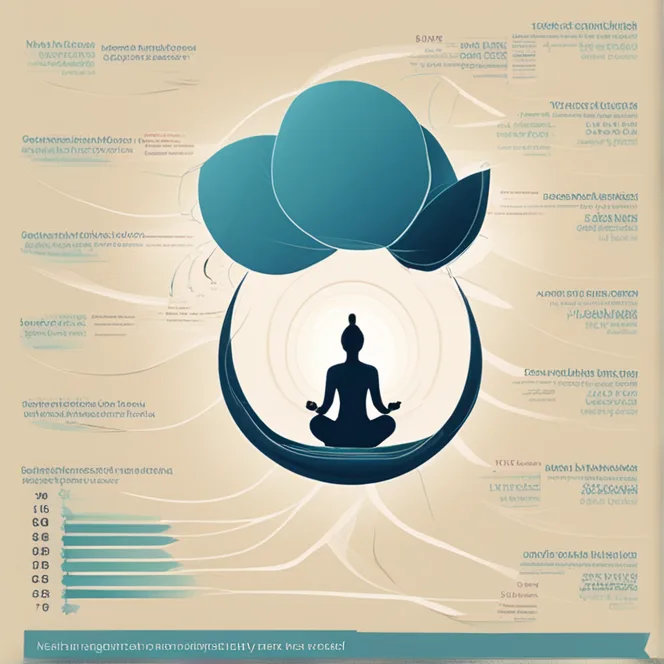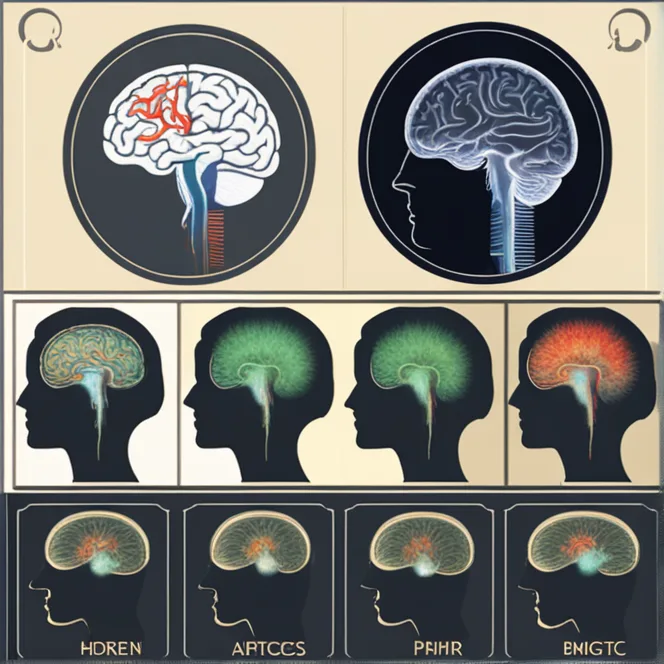
Meditation As A Mindfulness Tool
Exploring the connection between meditation and mindfulness for a balanced life.
article by Hina Kurosawa
Defining Meditation and Mindfulness
Meditation has long been practiced as a means of quieting the mind and achieving a state of inner peace. While there are various types of meditation, they all share a common goal: to focus and redirect our thoughts. Mindfulness, on the other hand, is the process of being fully present and engaged in the moment, aware of our thoughts and feelings without judgement. Although these practices originate from different traditions, they are complementary. By incorporating meditation into our lives, we can enhance our capacity for mindfulness, allowing us to live more fully in the present. This synergy offers a solid foundation for achieving clarity, emotional balance, and a sense of well-being.

Meditation Practices and Techniques
There are multiple meditation techniques, each with its own focus and benefits. For some, meditation involves repeating a mantra, while others may concentrate on the breath or engage in guided visualization. The diversity of these practices means that individuals can find a method that resonates with them, catering to different preferences and objectives. Mindfulness meditation, specifically, encourages practitioners to observe their thoughts as they drift through the mind. This technique fosters a nonreactive, observant stance towards our mental landscape, which can cultivate a state of mindfulness over time. Mastery of these techniques can significantly enhance our conscious awareness and mitigate the stress of daily life.

Scientific Insights into Mindfulness and Meditation
Recent scientific research has shown that meditation can have tangible benefits on the brain and body. Studies have found that regular meditation practice can reduce stress, alleviate symptoms of anxiety and depression, and improve concentration. These effects point to the profound impact that mental practices can have on our overall well-being. Mindfulness, as part of meditation, can also develop greater cognitive flexibility and enhance our ability to regulate emotions. As we advance into 2024 and beyond, these findings support the incorporation of meditation and mindfulness into holistic health practices.
Integrating Meditation into Daily Life
For meditation to serve as an effective mindfulness practice, it should be integrated into our daily routine. Starting with just a few minutes each day, this practice can be expanded as the individual finds their rhythm. Consistency is key to reaping the benefits, such as enhanced self-awareness and a calmer demeanor. Accessibility to meditation has also increased, with apps and online platforms offering guided sessions and resources suitable for any experience level. In the busy world of 2024, finding moments to engage in meditation can be a refuge of tranquility in a fast-paced life, reinforcing mindfulness as a habitual mode of engagement with the world.

Future Perspectives on Meditation and Mindfulness
Looking to the future, the practice of meditation and mindfulness will likely continue to gain prominence as essential elements of personal development and self-care. The rising interest in these practices reflects a collective desire for deeper connections with the self and the world. More comprehensive and accessible resources will be developed to cater to the growing audience, and technological advancements will integrate these practices into new areas of life. As we embrace the teachings of astrology and related fields, mindfulness becomes an astrological forecast for a balanced mind and spirit, signaling a harmonious alignment with the universe's rhythms.
Published: 12/14/2023
Modified: 12/14/2023
More predictions
Come back here soon to learn more about yourself and your future


Embracing Stillness: Mindfulness Retreats
Explore the transformative experience of mindfulness retreats, where inner peace meets spiritual growth.


Calming Waves: Meditation For Stress Relief
Meditation techniques to help foster inner peace, alleviate stress, and enhance wellbeing in today's fast-paced world.


Meditation For Better Sleep
Discover how mindfulness meditation can enhance your sleep quality, providing relief from insomnia and promoting overall well-being.